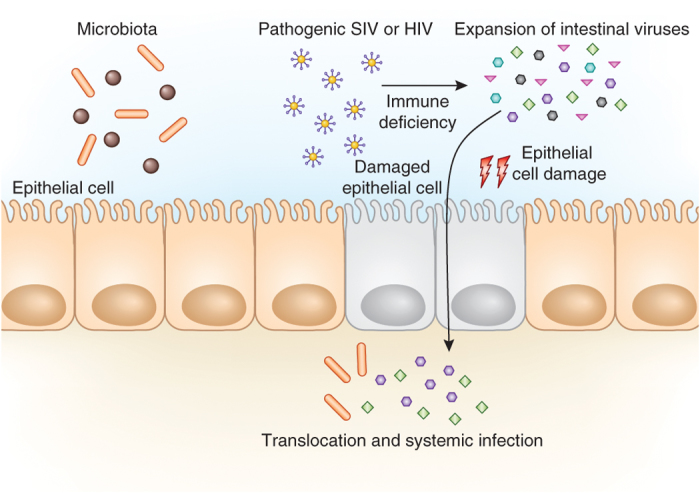Figure 2. Pathogenic viral infection results in the expansion of the enteric virobiota.

Pathogenic immunodeficiency viruses including SIV and possibly HIV can influence the expansion of resident viral populations in the intestinal tract. Expansion is likely promoted by immune suppression imposed upon the host by the pathogenic virus. Immune suppression results in a global host immune deficiency, allowing select enteric viruses to overpopulate the intestinal tract. Expansion of resident viruses is associated with damage to intestinal epithelial cells4. This subsequently allows translocation of enteric viruses, commensal bacteria and bacterial antigens across the epithelial surface, resulting in inflammation and systemic infection4. These findings highlight the role of the immune system in controlling intestinal virus populations.
